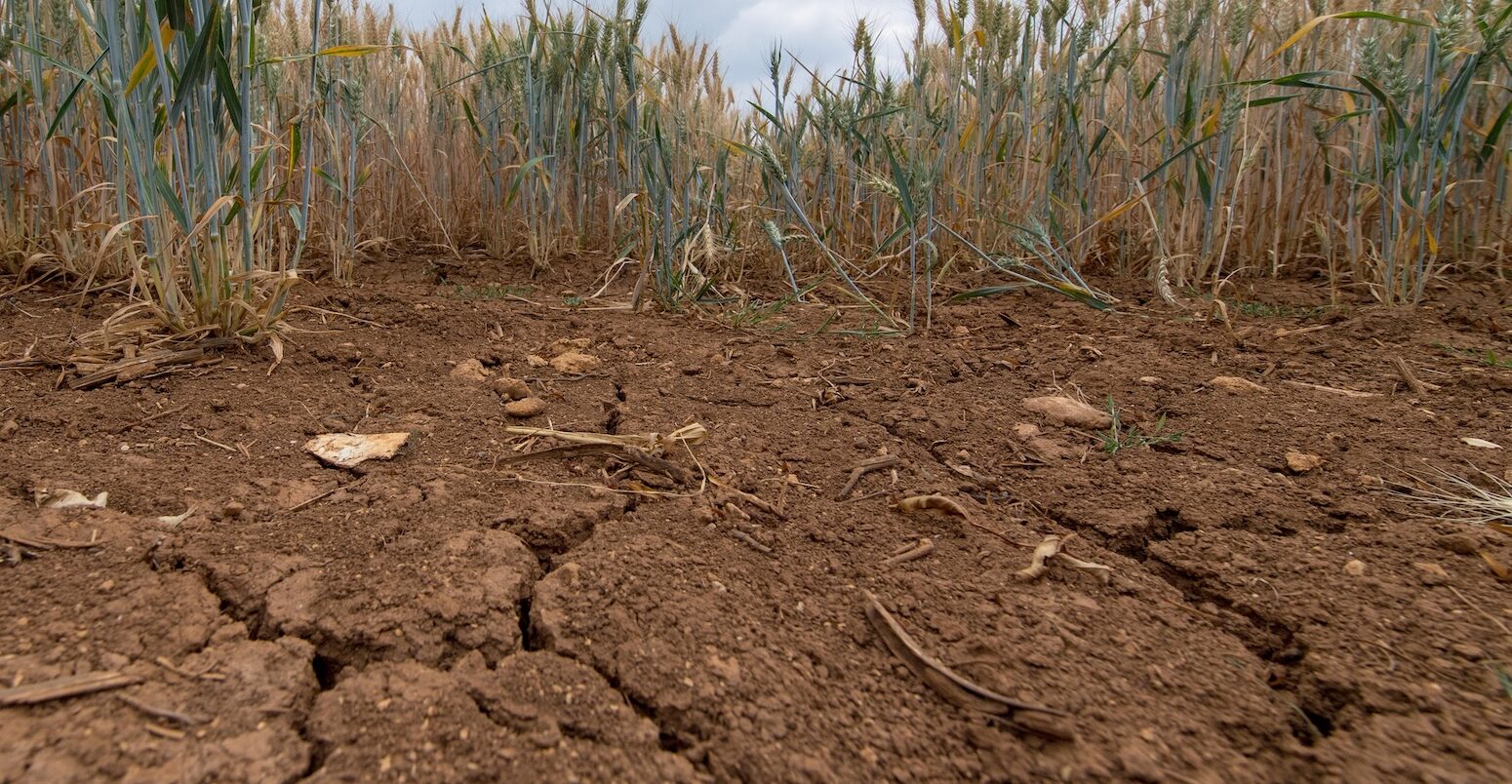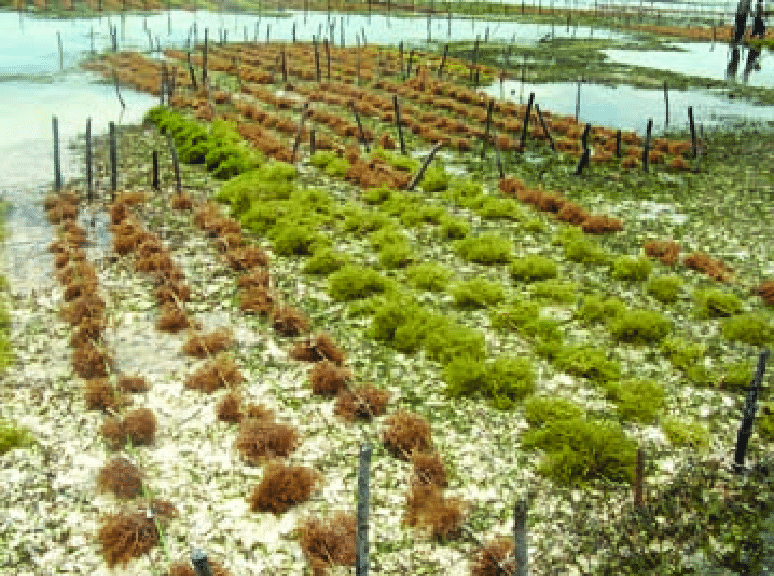On October 5, 2023, ARA Hitoshi, the chief representative of the Japan International Cooperation Agency’s Tanzania Office, embarked on a visit to a pioneering experimental venture in Morogoro. This innovative project is dedicated to the exploration of pollination’s impact on the yield of sunflower and sesame crops. Accompanying Mr. Hitoshi was Professor Esron Daniel Karimuribo, the Director for Postgraduate Studies, Research, Technology Transfer, and Consultancy at Sokoine University of Agriculture.
The orchestration of this groundbreaking experiment falls under the capable purview of Dr. Ezekiel E. Mwakalukwa, who hails from the Department of Ecosystems and Conservation (DEC) within the College of Forestry, Wildlife and Tourism at the Sokoine University of Agriculture. Dr. Mwakalukwa‘s diligent efforts are in collaboration with Nishin Honey Company Limited from Japan, symbolizing the harmonious synergy between academia and industry.
The primary objective of this ambitious undertaking revolves around a meticulous examination of the efficacy of honey bees in pollinating sunflower (Helianthus annuus) and sesame (Sesamum indicum) crops. This meticulous research is actively unfolding in two distinct regions of Tanzania: Dodoma and Morogoro. In each of these geographical areas, an array of six plots, each measuring 5m x 5m, has been carefully designated for the experiment.
Within the context of these designated plots for each crop type, three distinctive pollination treatments have been thoughtfully implemented:
- Open Pollination: One plot remains uncovered, allowing it to be naturally pollinated by an assortment of available pollinators, such as bees, butterflies, and other insects.
- Restricted Pollination: Another plot is securely enveloped with nets to curtail pollination, effectively isolating the plants from interactions with natural pollinators.
- Honey Bee Pollination: In the third plot, nets have been employed to shield the crops, and within this protective enclosure resides a hive of honey bees, diligently contributing to the enhancement of pollination specifically by honeybees.
The commencement of this pivotal experiment was marked on July 20, 2023, and it is anticipated to extend for a span of three months. At the culmination of this period, the crops will be expertly harvested and subjected to meticulous analysis to gauge their yields.
The findings from this comprehensive study hold the promise of delivering profound insights into the pivotal role of pollinators, with a specific focus on the industrious honey bee, in augmenting agricultural productivity. The implications of these findings have the potential to inform sustainable farming practices, not only in Tanzania but also on a broader global scale.
For the latest updates, discoveries, and developments related to this Pollination Experiment, interested individuals can stay informed through dedicated channels, making this project a valuable resource for those intrigued by the intersection of agriculture, ecological dynamics, and sustainable agricultural methods.
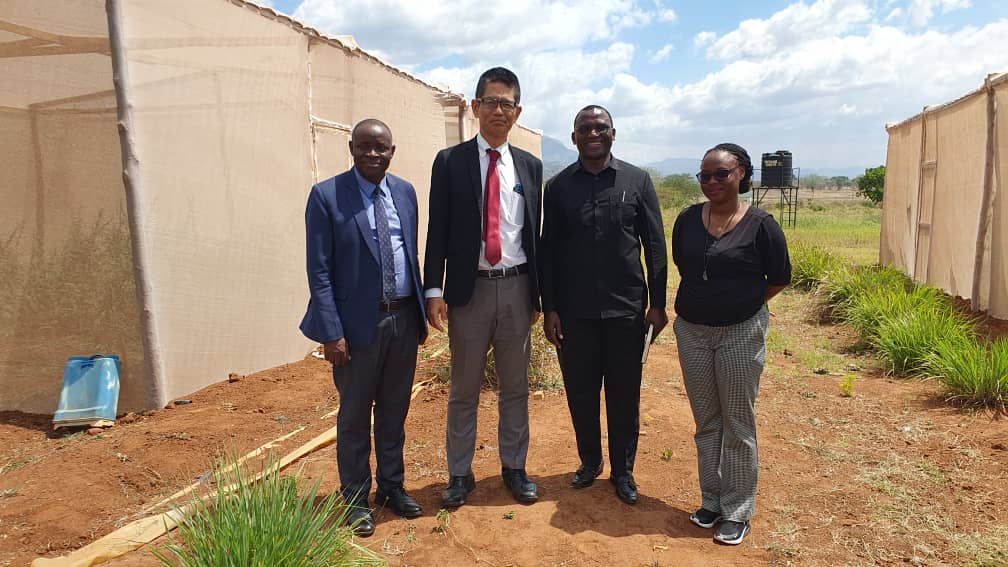
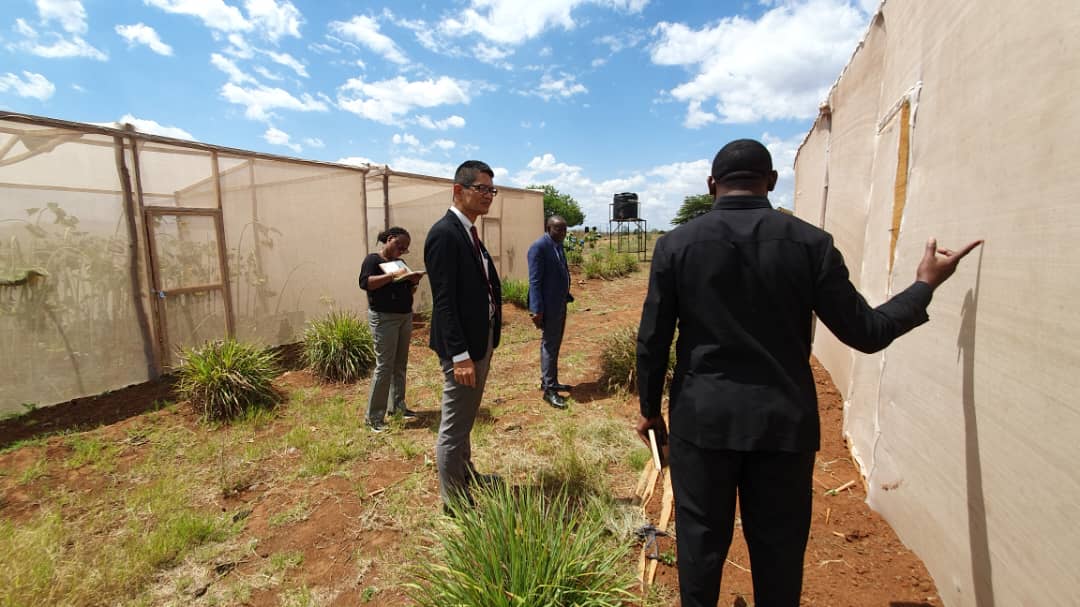
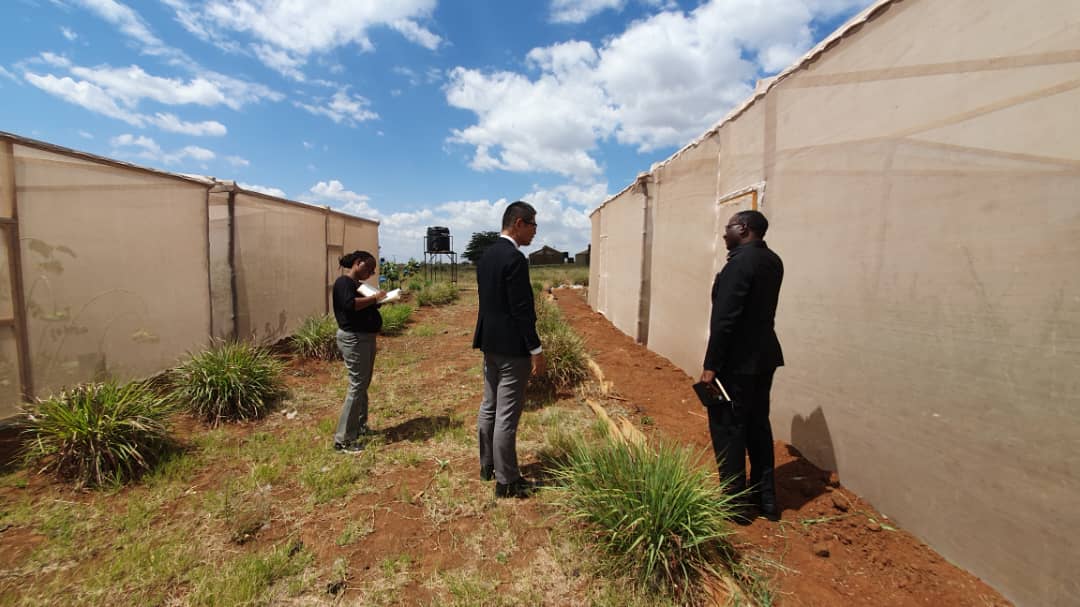
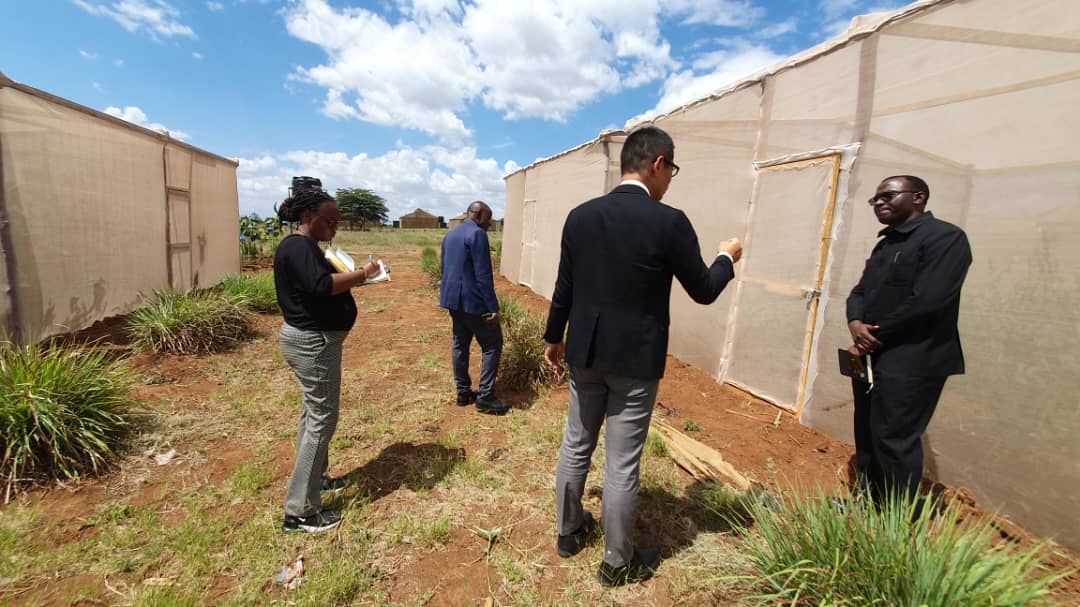
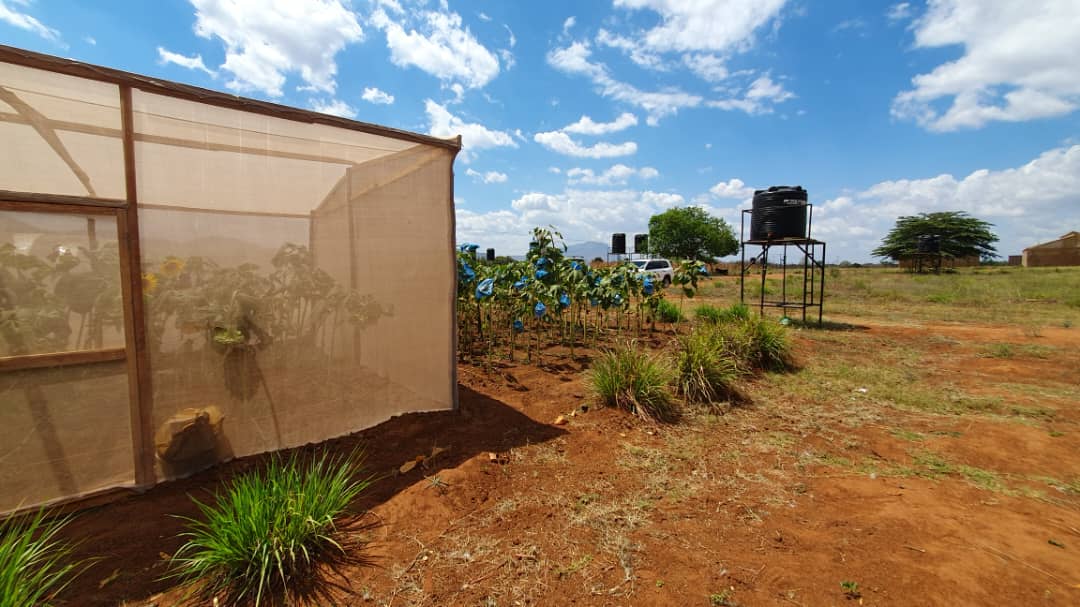
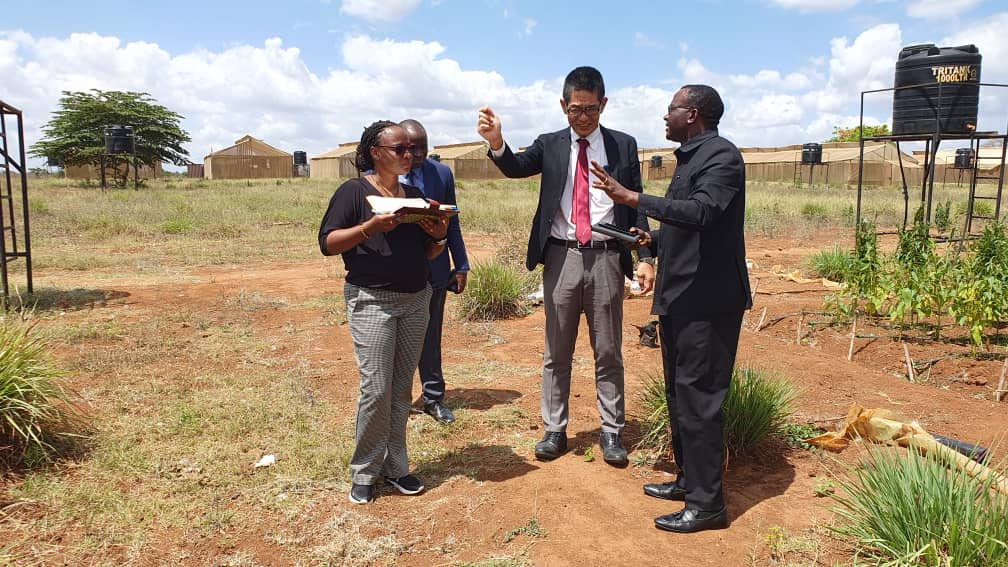

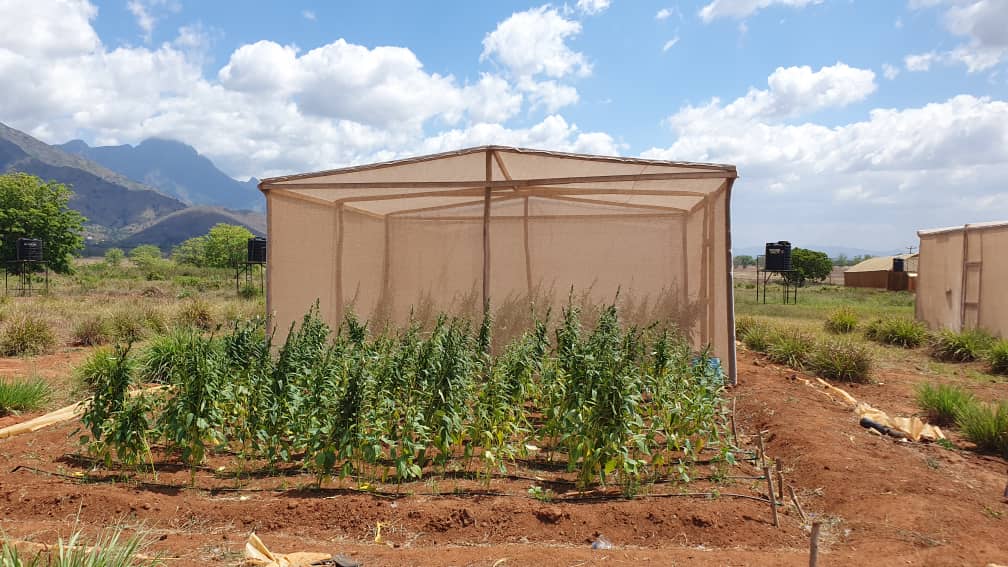
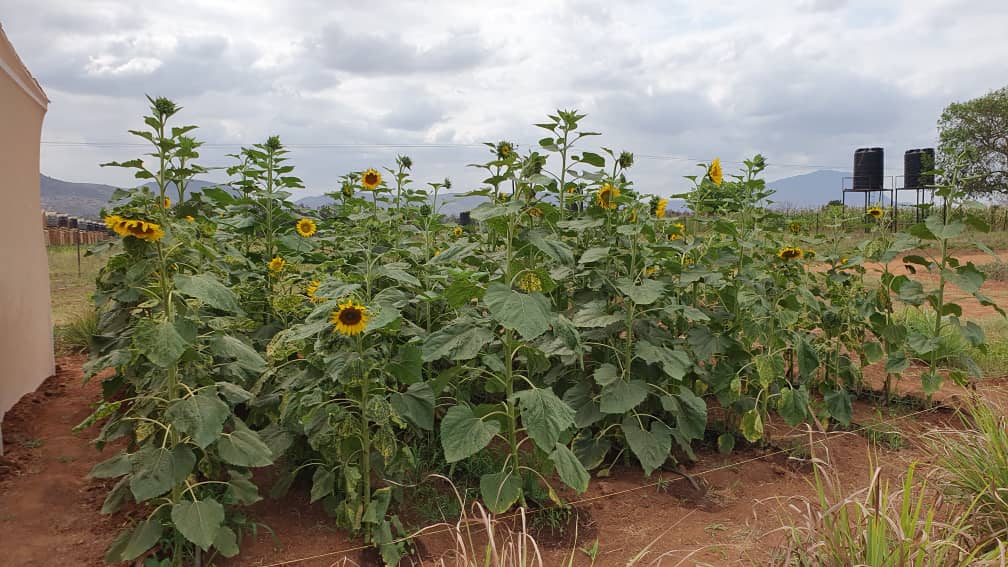
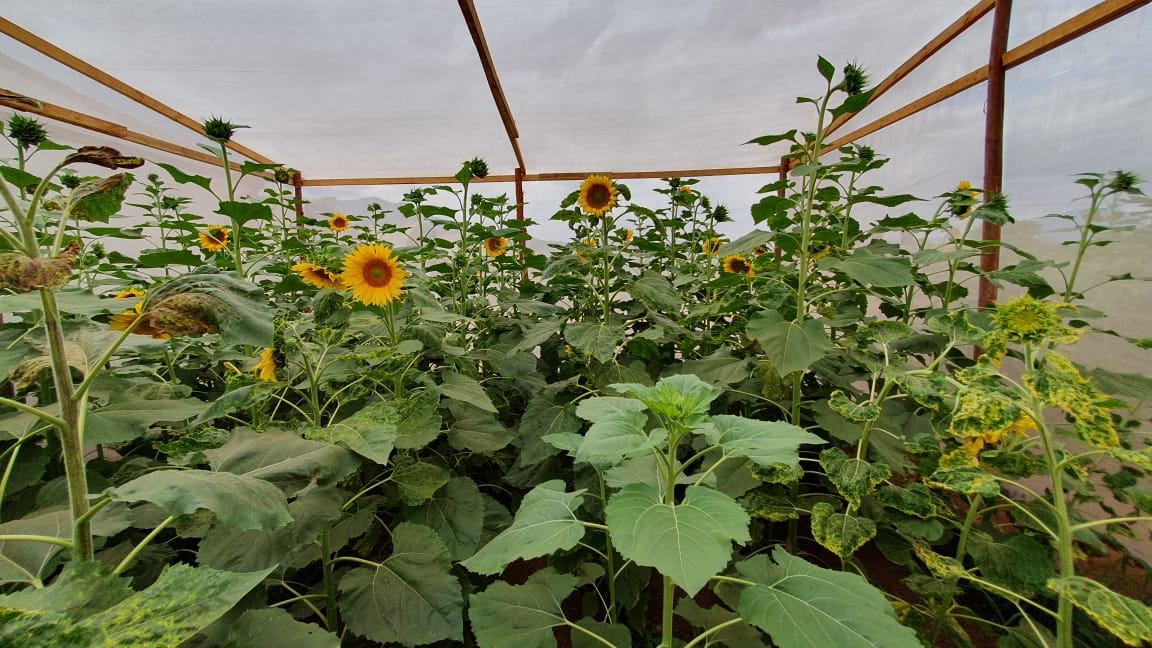


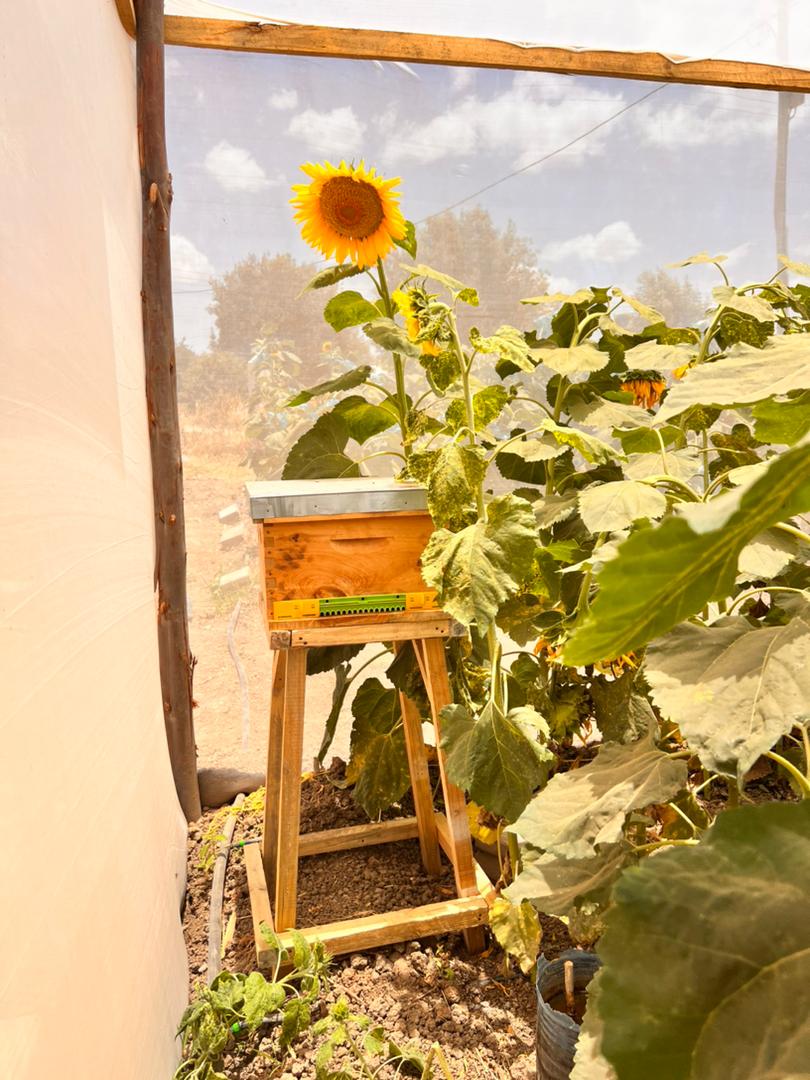
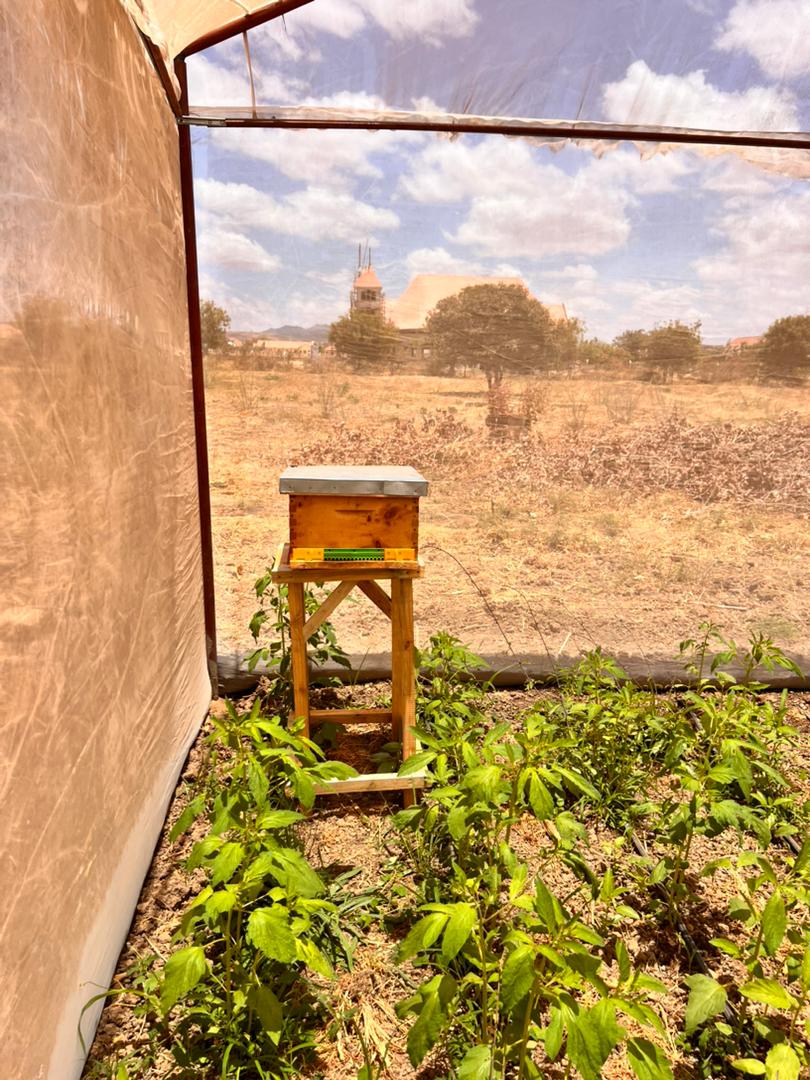

For more information please contact
Dr. Ezekiel E. Mwakalukwa
Department of Ecosystems and Conservation,
College of Forestry, Wildlife and Tourism,
PO Box 3010, Chuo Kikuu, Morogoro, Tanzania
ezedwa@sua.ac.tz
+255 782 665 677


